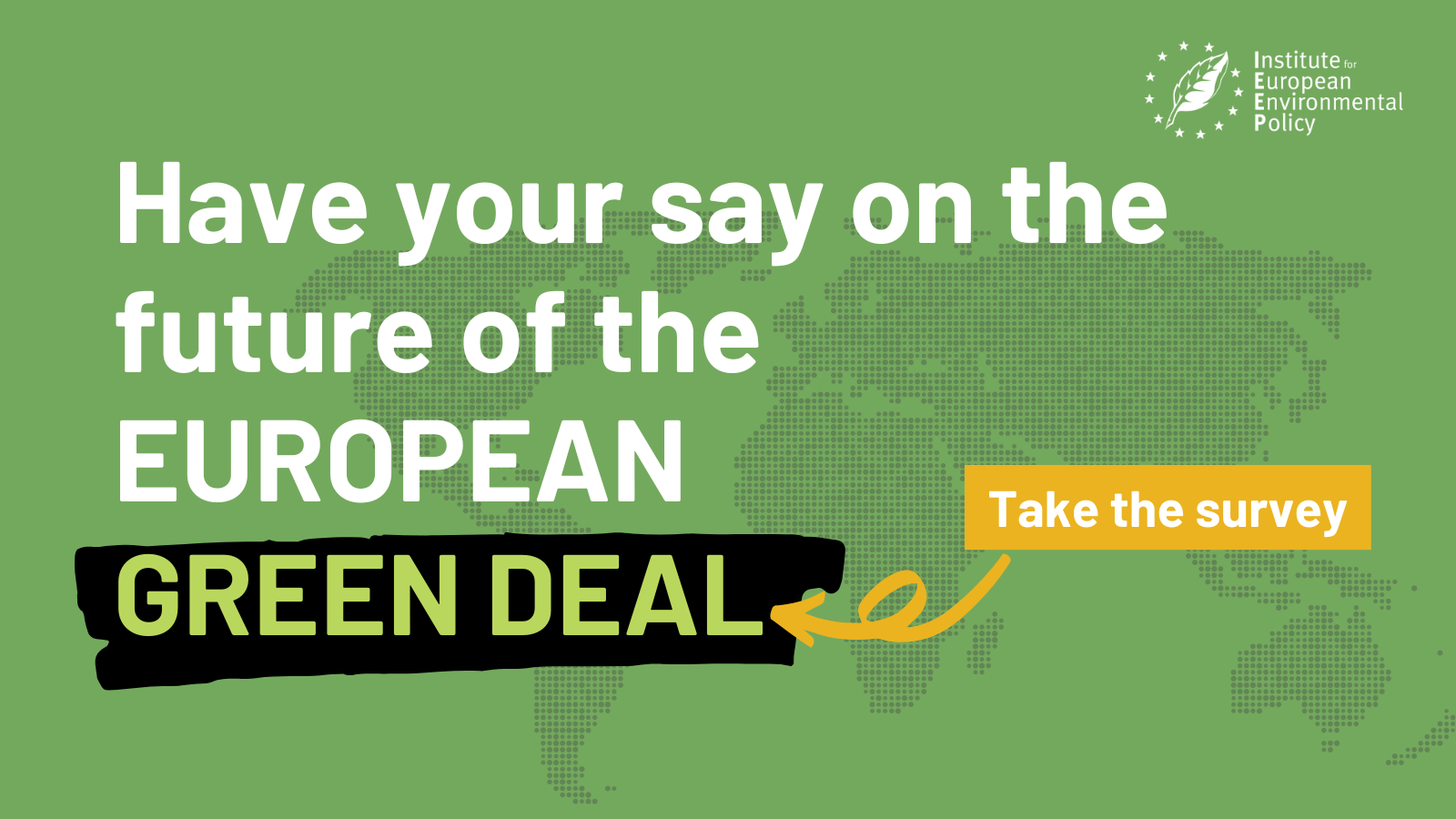On the 22nd November, the European Commission launched its Communication “Next steps for a sustainable European future. European Action for Sustainability”. The aim of this forward-looking plan is to embed the 17 Sustainable Development Goals (SDGs) in the European policy framework and in conjunction with Member States, implement the United Nations 2030 Agenda for Sustainable Development.
How is the EU currently doing?
Adopted in September 2015, the global Sustainable Development agenda sets out a plan of action to eradicate poverty and guarantee an equal future in a free and peaceful environment.
The release of the Communication is simultaneous with the publication of a Staff Working Document and a Eurostat report on sustainable development in the European Union, all of which assess the role of the SDGs in the current European policy framework and Commission priorities. In addition, the Commission published a proposal for the New European Consensus on Development, which commits the EU to eradicating poverty, providing a framework for a common approach to development cooperation policies.
What needs to be done?
The EU’s response to the 2030 Agenda will follow two main avenues. The first and main objective is to fully integrate the SDGs in the Commission priorities and in the European policy framework. The second aim focuses on developing a longer term vision for sectoral policies after 2020. Finally, the new Multiannual Financial Framework should reorient EU budget towards the achievements of the long-term objectives.
Earlier this fall, IEEP’s Executive Director, Céline Charveriat reminded us that “achieving a European lifestyle for a global population of 10 billion people in 2050 would require the natural resources of at least two planet Earths”. She underlined that think tanks and research institutions needed to take an active role in supporting the transformation of EU Member States towards sustainable development.
For advancing the EU’s sustainable development policy, IEEP believes that the following elements need to be carefully considered:
- Back casting: Working backwards from the 2030 SDGs to identify scenarios and policy options that can define pathways from the present situation to the desired future. Existing documents will not suffice. While still useful, the EU’s 2020 strategy is too growth oriented and short term;
- Innovative policies and governance: There is a need for reforming and simplifying European governance structure, to enable it to deliver the scale and speed of change needed;
- Financing: To mobilise public and private funding to implement SDGs, there is a need for robust information regarding the costs of both the transition and the business-as-usual approach in Europe;
- Bridging the gap between the knowledge community and the public: Citizens and the wider public need to be provided with information on what their governments have committed to within the SDGs.
The complete text of the Commission Communication is available at this link.


